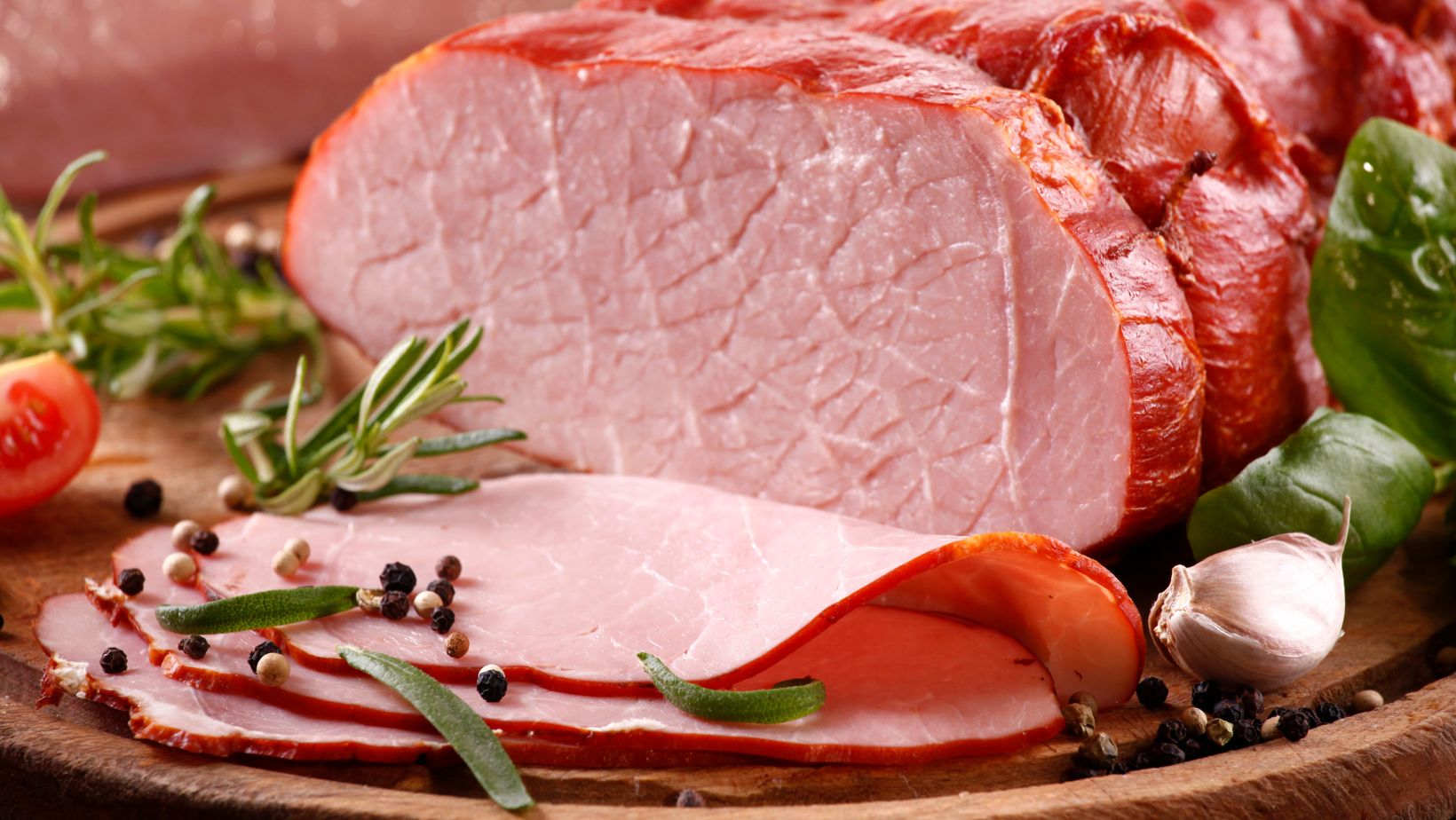
Is Ham Good For Keto
Ham is a popular and versatile meat that many people enjoy. But if you’re following a ketogenic diet, you may be wondering if ham is a good choice for you. The ketogenic diet is a high-fat, low-carb eating plan, so it’s important to consider the nutritional composition of ham before adding it to your keto menu.
One of the key factors to consider when determining if ham is suitable for a keto diet is its carb content. While ham itself doesn’t contain any carbs, some varieties may have added sugars or glazes that can increase the carb count. It’s essential to read labels carefully and choose options with minimal or no added sugars.
In addition to its potential carb content, another aspect to consider when incorporating ham into your keto lifestyle is its fat content. Ham can be relatively high in fat, which aligns well with the macronutrient ratios of a keto diet. However, it’s still important to balance your overall fat intake and ensure you’re meeting your protein requirements while staying within your calorie goals.
Overall, while ham can be enjoyed on a keto diet, it’s crucial to pay attention to the specific type and preparation method used. Opting for leaner cuts without added sugars or glazes can help keep your carb intake in check while still enjoying this tasty meat as part of your ketogenic meal plan.
Ham and the Ketogenic Diet
When it comes to following a ketogenic diet, many people wonder if ham is a good option. Let’s take a closer look at how ham fits into the ketogenic lifestyle.
- Low in Carbs: One of the key principles of the ketogenic diet is minimizing carbohydrate intake to achieve ketosis, where the body burns fat for fuel instead of carbs. The good news is that ham is generally low in carbs, making it a suitable choice for those on keto. However, it’s essential to check the nutrition labels as some processed hams may contain added sugars or fillers that can increase carb content.
- Rich in Protein: Protein plays a crucial role in maintaining muscle mass and promoting satiety on the ketogenic diet. Ham is an excellent source of protein, providing essential amino acids needed for various bodily functions. Including moderate amounts of ham in your meals can help meet your daily protein requirements while keeping you feeling satisfied.
- Watch Out for Sodium: While ham can be a tasty addition to your keto menu, it’s important to be mindful of its sodium content. Some varieties of ham are high in sodium due to processing methods and added salts. Excessive sodium intake may lead to water retention and increased blood pressure levels. Opting for lower-sodium options or balancing your overall sodium intake throughout the day can help mitigate these concerns.
- Quality Matters: When selecting ham for your ketogenic diet, opting for high-quality options is key. Look for uncured or minimally processed hams without added sugars or artificial preservatives. Choosing nitrate-free or organic varieties can also be beneficial if they align with your dietary preferences.
Remember that individual macronutrient needs vary based on factors such as age, gender, activity level, and specific health goals within the context of a ketogenic diet plan tailored to you personally by healthcare professionals or registered dietitians.
In summary, including ham as part of a ketogenic diet can be a healthy and satisfying choice. Just make sure to check the nutrition labels, prioritize protein content, watch your sodium intake, and opt for high-quality options to support your overall health and wellness goals on keto.

